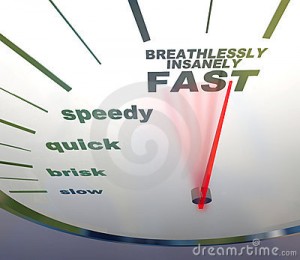This year I have been trying out different writing habits to see if anything fits with my own personal style. For the past two weeks I have been writing with music. Usually, I write in silence, attempting to avoid all distractions.
But I read some interesting things from Chuck Palahniuk about how listening to music helps him keep a consistant tone to his writing, and how for each novel he listens to a different set of albums to help do that. Here is an excerpt from an interview he did with Bookslut:
The music depends on the tone of the book. In a way, I use a single piece of music to re-create the same mood each time I go back to a project. By listening to it — again and again — I quit hearing the words, and almost hypnotize myself into a fictional world. Andy Warhol used to do this with a record called “I Saw Linda, Yesturday.” His friends grew to hate that song.
And again from ChuckPalahniuk.net:
I use music like a drug. For this non-fiction writing, I like “chill” music – with “Chill Factor Audiotherapy” playing right now. But for editing, I’ll listen to the Chopin Nocturnes that Tiffany Wong sent me. And for the first draft of my next angry story, maybe… Pink Floyd. Other stories, Country and Western. What can I say? I’m a mess.
I think its a good idea. Music does set a mood and it theoretically could help your writing keep the same tone over a time period. For some writers it may work well. But for me it causes too much distraction. My brain is a little too finicky. When there is sensory input coming in I don’t create information at the same rate I would otherwise.
This is the second habit (trick, method, etc) that I’ve researched this year and the second one that I am not going to use for myself. It just goes to show that not all writers are the same. What works for one might not work for another. I just hope, by the end of year, I learn something new that will help make my writing stronger.
